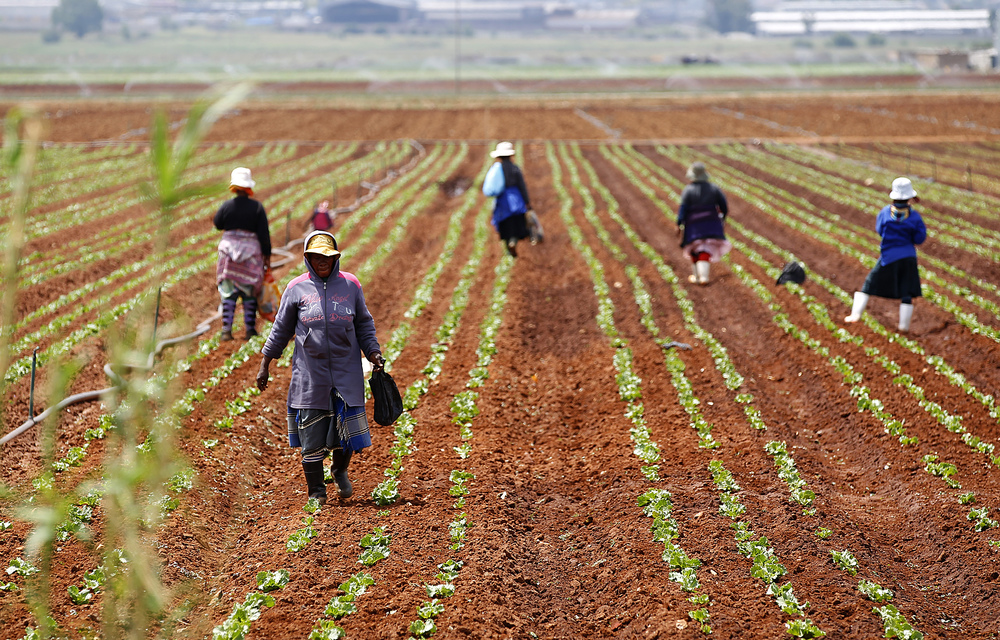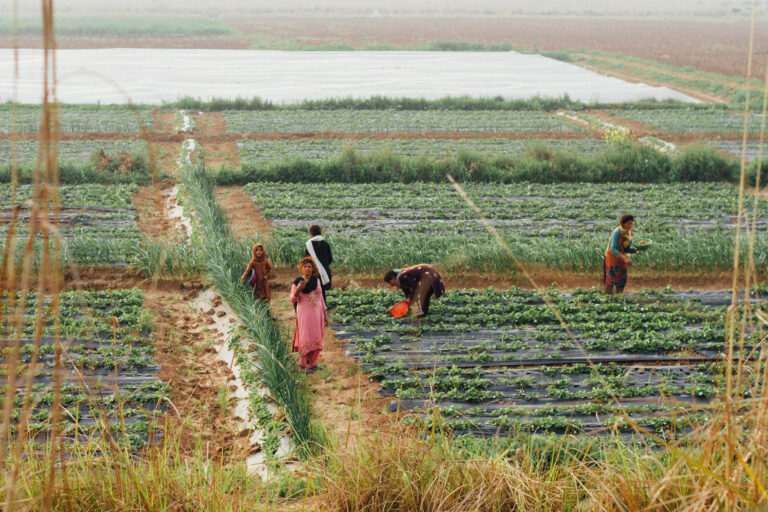
Gender Inequalities Amplify the Challenges Faced by Small Farmers in the Face of Climate Change.
Introduction
Climate change is one of the biggest challenges that the world is facing in the 21st century. Its impacts are felt across all aspects of human life, including agriculture. Small-scale farmers, especially women, are particularly vulnerable to the negative impacts of climate change due to gender inequalities in agriculture. These inequalities restrict women’s access to resources, including land, finance, and technology. This article will discuss the challenges faced by small-scale farmers, particularly women, in relation to climate change.
Limited Access to Resources
Small-scale women farmers are often excluded from decision-making processes that affect them. This includes decisions regarding land use, seed selection, and crop management. These farmers also have limited access to productive resources such as land, finance, and technology. In most developing countries, women own less than 15% of the land and have little or no access to credit, making it difficult for them to invest in climate-resilient agriculture.
As climate change intensifies, the need for sustainable and innovative farming practices increases. Women farmers are often excluded from new innovations in technology due to cultural and social barriers, further hampering their efforts to adapt to the impacts of climate change. This exclusion is due to the perception that women are less knowledgeable about technology than men, which is not the case. Women farmers are equally capable of utilizing technology to enhance their productivity.
Climate Change and Crop Production
Climate change has significant impacts on crop production, ranging from heat stress to droughts and flooding. Small-scale farmers depend on rain-fed agriculture, making them susceptible to extreme weather conditions. In some cases, farmers have experienced crop losses due to unpredictable weather patterns.
Women farmers are often left with the bulk of the burden when it comes to crop production. Women in developing countries are responsible for up to 80% of food production. As such, they are the first to be affected when crop yields decline. Women also have fewer options for alternative sources of income, further exacerbating their vulnerability.

Sustainable Agricultural Practices
Small farmers, particularly women, are critical players in the effort to promote sustainable agriculture. Sustainable agricultural practices can reduce greenhouse gas emissions, protect natural resources, and improve food security. However, women farmers find it difficult to adopt these practices due to various gender inequalities.
For example, women face challenges when it comes to accessing extension services that provide information on sustainable farming practices. Extension services are often male-dominated, and women feel uncomfortable accessing them. Women farmers also face challenges in accessing financial resources needed to invest in sustainable practices.
Conclusion
Gender inequalities amplify the challenges faced by small-scale farmers in the face of climate change. Women farmers face a myriad of challenges, ranging from limited access to resources to cultural and social barriers that exclude them from decision-making processes. The impacts of climate change exacerbate these challenges, making it difficult for women to promote sustainable agriculture.
There is a need for targeted interventions that address gender inequalities in agriculture. These interventions should focus on improving women’s access to productive resources, increasing their participation in decision-making processes, and providing them with the necessary skills and knowledge to adopt sustainable farming practices. Empowering women farmers is a critical step towards building resilience to climate change and promoting sustainable agriculture.
All Categories
- Agricultural Methods
- Agriculture and Women Small Farmers Rights Awareness
- Climate Change
- Disable and Human Rights
- Disable Jobs
- Donation
- Education
- Health Issues
- Organic Foods
- Organic Vegetables
- Orphans Children
- Plastic production and disposal
- Services
- Sinking in Scarcity
- Success Stories
- Uncategorized
- Waste Management
- Women Rights
- Youth Empowerment




